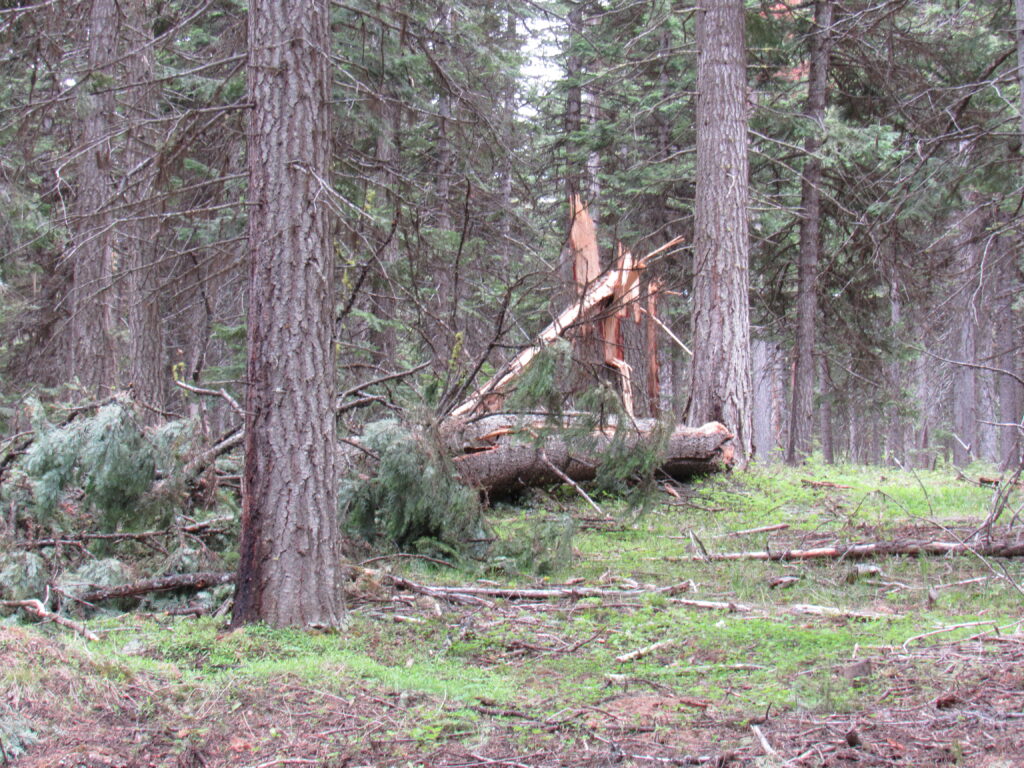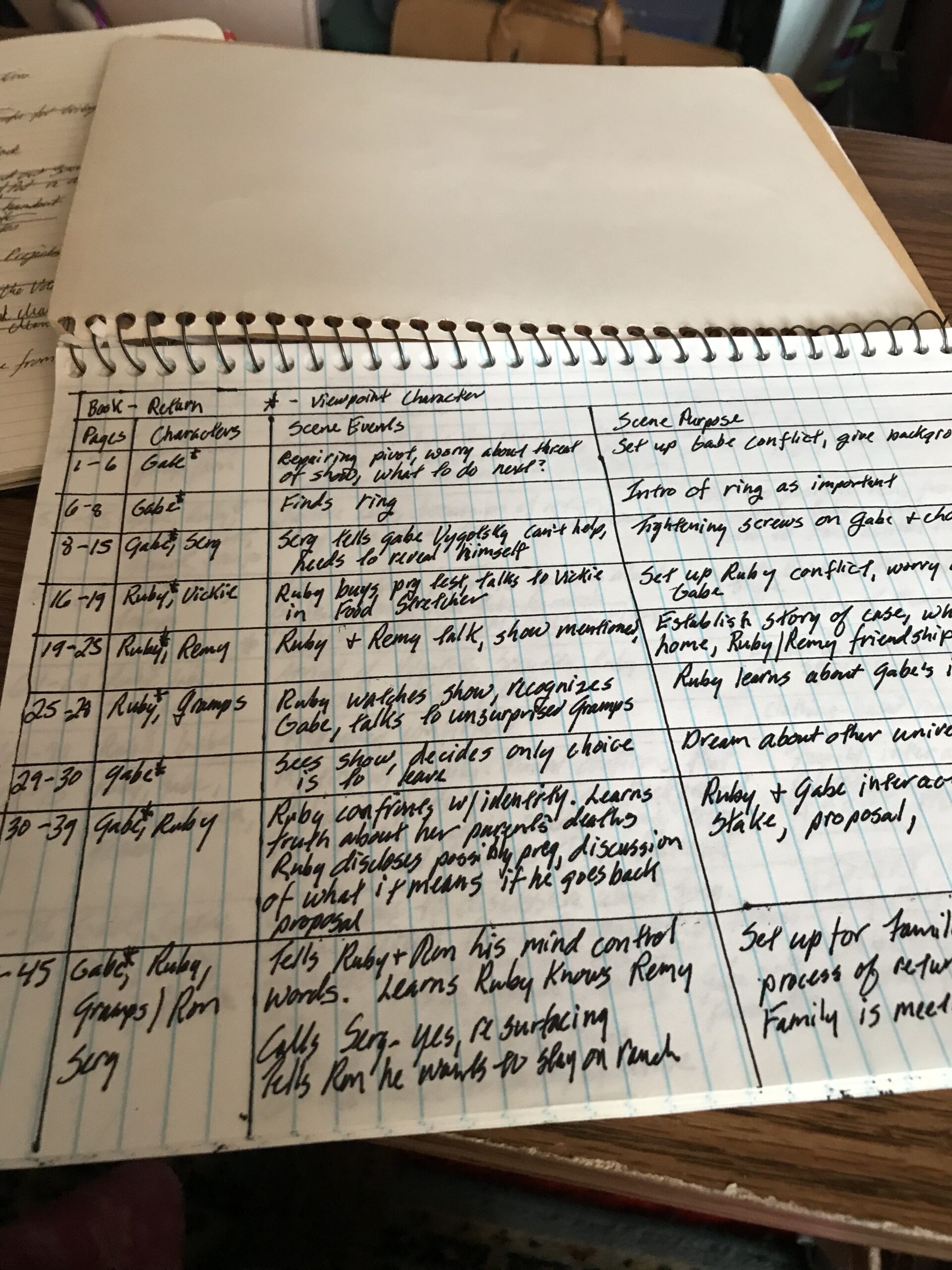
Write What You Know…Except When You Can’t
Normally I’m a big proponent of “write what you know.” That’s why you’ll see a lot of Pacific Northwest settings in my work, along with horses and things I’ve taken the time to learn. Most of the time my inspiration comes from incidents, or thoughts that pop into my head when out and about. And all that political and corporate stuff which shows up into my stories?
You guessed it. I spent several years as a complex securities litigation paralegal, and my spouse worked in sales for an aerospace-oriented foundry. I saw and read a LOT of stuff, though what I picked up from the paralegal days often falls into the category of “you wouldn’t believe it even in fiction.” I was also a political activist and organizer for a number of years. Some of those stories have fallen into the “stranger than fiction” category. Others are just cooking and waiting for the right plot to come along. A couple of them…I’m not sure I’ll ever write, though those experiences definitely shaped some of my perspectives. Let’s put it this way…for me, the eye-opening parts of Careless People (one person’s memoir about working at a particular social media company) elicited the reaction of “this isn’t news to anyone exposed to the Jack Welch school of corporate thought, except for the degree of hedonism involved.” Even then, I wasn’t wildly surprised.
But…I was a middle school special education teacher and case manager for ten years. Part of that experience included walking the picket line on strike as well as being on the union local’s board.
With a few exceptions, however (my short stories “Aspens” and “Witch Trails”), teaching is the one experience that doesn’t want to lend itself to fiction. Oh, I’ve written nonfiction based on my teaching experience, primarily a series of essays about learning disabilities and working with learning disabilities. One of those essays explaining the Patterns of Strengths and Weaknesses method of learning disability identification was recommended reading by a professional association.
But fiction?
Not really.
I recently read a review of the one book of mine that lightly touches on my teaching experience. The reviewer wished I had gone the route of cozy fantasy and focused on the struggles of teaching cryptid children, instead of the story choices I made, which backgrounded that aspect of the book.
Well, I wish I could have written that story.
I was a big fan of Zenna Henderson’s “People” stories back in the day, which focused on teachers who encountered alien kids and the impact on the teacher/the kids. I’d love to write my own version of those stories, and to some extent wanted the book to lead to that kind of tale. However, that particular story (which needs some serious reworking for a second edition, especially to set it up for potential sequels) didn’t want to go in that direction.
My teaching work, except for isolated inspirational moments, overall falls into the category of some of those political experiences I probably won’t talk about even in fiction, except perhaps face-to-face and maybe not even then.
Why is that? Why can’t I cross that line?
Part of the reason, I suspect, has to do with the nature of those experiences. In the case of politics, one of those stories involved powerful people, a bit of corruption, and significant political scheming by nearly everyone involved. Plus I’ve lost touch with a couple of the main people who were a part of the story, and I don’t want to get much more explicit than a wee bit of vibes without getting their permission first. Let’s just say that the experience in that case and a couple of others ripped apart any illusions I might have about political purity, in both partisan and issue-oriented politics.
The story has shaped some of the darker political moments I write about, but…the details will not be written.
Teaching has a different element involved. I was teaching during the era when blogging was big (as in Blogger, Blogspot, LiveJournal…). For a while, teacher blogs were everywhere. I read them because I was in the trenches and found reassurance that what I was seeing in the classroom was not necessarily unique. I used techniques from those blogs, thought about issues raised, and otherwise used them as a lifeline while doing a very challenging job.
Then the crackdown began, primarily tied to critiques of No Child Left Behind. The union issued warnings about watching what you said on social media. Holding a drink in a casual social media picture could be grounds for getting fired in some school districts. Disgruntled parents and controlling administrators combed social media (which wasn’t that much at that time) to find reasons to get rid of teachers criticizing the status quo.
Teacher blogs started disappearing. A few exist, a very few, although I’m starting to see more appearing on Substack, usually from teachers who have passed their probationary years (which vary from district-to-district and state-to-state—my district had a three-year probationary period) and have some protection.
So why didn’t I put my teaching experience into fiction, except for those limited pieces? I’ve been out of the classroom for a number of years, and I certainly don’t have a job to protect these days.
I’d like to say that writing about teaching is similar to those political stories I won’t write. Confidentiality. Concern about the story veering too close to real life. Overcoming a filter that still exists in my own mind, despite being years removed from the actual experience. Not wanting former students to pore over my work to see if they are in it.
But I think there’s more to my reluctance to write about teaching in my fiction.
Teaching for me was a very heart-rending process, especially the case management side where I needed to advocate for my students. One of my principals cautioned me about this deep emotional involvement, warning that it could lead to burnout.
It’s part of who I am, but…I find I just can’t write about it, and the reluctance goes beyond concerns about confidentiality and related issues. I’ve not tried to push it, but the block still exists. I suspect I’m not the only writer out there with “things I can’t write about.”
Sometimes you just can’t write about what you know—and there are darn good reasons why.
We’ll see if that holds when I turn back to the major rewrite that one book needs, especially if I consider it for a series. It’s been six years or so. Maybe I’m done processing the experience…or not.
For now, writing about teaching is just something I can’t do in fiction. And I just have to live with it.



